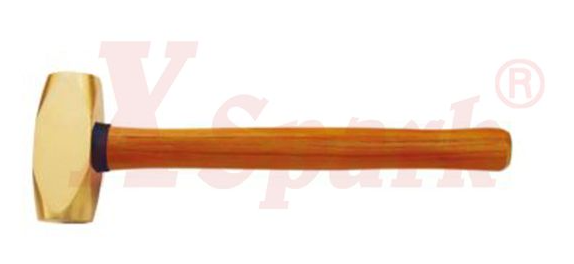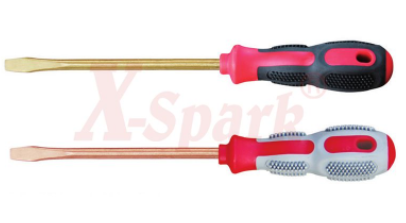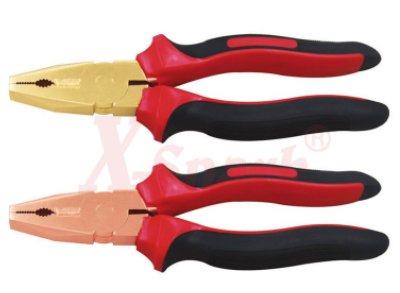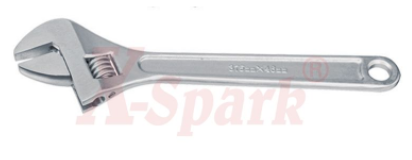When To Use Hammers, Pliers, Wrenches And Screwdrivers
All industries use tools to fix fasteners, nuts, or bolts. Choosing the right tools can make the job easier, more time-consuming, and cost-effective. From large-scale construction work to DIY projects, these tools make the results successful and durable. It is important to choose the right tool to handle fasteners.
If you plan to drive a nail, you need a hammer. Screws require a screwdriver. If you want to tighten or loosen a screw or pull out a nail, you need a good pair of pliers. When it comes to nuts and bolts, a wrench is the best choice.
We will outline when is the best time to use these tools.
Hammer
A hammer is a tool used to drive nails into softer materials such as wood or walls. You can also use a hammer to drive the screw in, but this is not recommended because it will damage the screw and the surface of the screw you have driven in.
If you are using large-sized nails to build walls and roofs, reinforce plywood or install floors, you need a large hammer. In most cases, a 16-ounce hammer can be enough to drive a nail from a 1/2 inch tack into a 16 penny nail.
You can also use a hammer to drive in small-diameter nails, such as finely crafted nails or small nails.
The finishing nail has a small nail head, which can be hidden under the surface of the wood with wood putty. In this case, you can use a hammer to nail interior decorations, install exterior decorations, such as rake boards, ribs, frieze or corner boards, or fix fences and railings to the cabinets.
Screwdrivers
A screwdriver is a tool used for screwing or unscrewing the screws into different surfaces. Ideally, screwdrivers are used for things such as hanging drywall, fixing sorting boards, installing cabinets, fastening wooden decorative panels, or making cabinets, wooden toys, bookshelves, and other woodworking projects.
They also come in various sizes. Screwdrivers are used for different woodworking projects or fixing motor parts.
A common pitfall of using screwdrivers is to use the wrong size of a screwdriver to tighten the screws. It will damage the screw and make it unusable. It is recommended to use a screwdriver of the appropriate size and type.
Pliers
Pliers are multi-purpose hand tools used for grasping, bending, and cutting. Used for loosening, fastening, fixing objects, or removing pins.
Standard utility pliers have serrated flat jaws for clamping small objects and round opening for clamping bolt heads and nuts. These pliers can be used to pull nails of different sizes.
Tongue and groove pliers have long, angled jaws that can be adjusted to clamp large nuts.
They are ideal for bending and holding, crimping metal, looping and cutting wires, and soft nails. You can use them to loosen and tighten nuts. Pliers can be used in various plumbing, carpentry, or electrical engineering.
Wrench
Wrenches are used to tighten bolts and nuts. The three most common types of wrenches are adjustable wrenches, combination wrenches, and torque wrenches.
The adjustable wrench allows you to grasp various sizes of nut heads with perfect ease. The size of their head can be easily adjusted.
A combination wrench is a set of wrenches of different sizes. Choose the appropriate size to tighten or loosen the nut.
A torque wrench is a tool that allows you to precisely apply torque to the nut. If you are doing a project from the automotive, mechanical or electrical industries, where the fasteners need to be torqued with precision, a torque wrench is ideal.
Take away
Each hand tool and its size are designed to handle specific types of fasteners or nails. Pick up the right tool and the right size to fix a specific fastener.
We are hand tools suppliers. Please feel free to contact us if you are interested in our products.




评论
发表评论